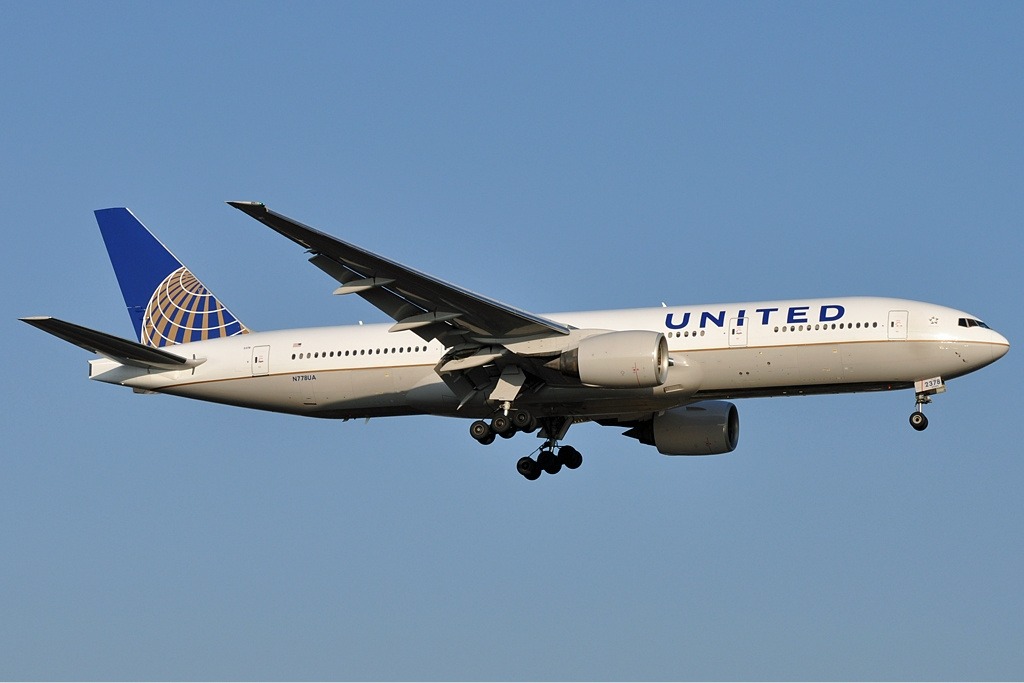Picture arriving at Heathrow to find check-in kiosks lifeless and human-powered lines snaking through terminals like something from 1995. That nightmare became reality this weekend when hackers targeted Collins Aerospace, the company whose MUSE platform handles automated check-in and boarding for airlines across Europe. One vendor’s systems failure just paralyzed hundreds of flights and exposed how dangerously dependent modern air travel has become on digital infrastructure.
Single Point of Failure, Maximum Chaos
Collins Aerospace’s dominance in airport systems created cascading disruptions across three major hubs.
The attack began Friday night, instantly crippling automated passenger processing at Heathrow, Brussels, and Berlin Brandenburg airports. Collins Aerospace’s MUSE system—which most travelers never knew existed—controls critical digital infrastructure that enables modern air travel operations. Without it, airlines scrambled to deploy staff for manual check-in procedures they hadn’t relied on in years.
According to airport operational data, over 130 flights faced significant delays at Heathrow alone, while Brussels Airport reported 91% of departures running an average 51 minutes behind schedule.
Manual Mode Meltdown
Airports reverted to pen-and-paper operations, creating hours-long passenger queues.
Brussels Airport canceled half of Sunday’s scheduled departures as staff overwhelmed by manual processing couldn’t handle normal passenger volumes. Berlin Brandenburg warned travelers to expect extended wait times while additional personnel rushed to assist with paper-based procedures. The scene resembled a retail store after its point-of-sale system crashes—functional but painfully slow, like many computer problems users face.
More than 500 flights across all affected airports suffered disruptions Saturday, with passengers advised to arrive three hours early for long-haul flights.
The Fragility Problem
This incident reveals dangerous over-reliance on single technology vendors for critical infrastructure.
Your smooth airport experience depends on invisible third-party systems you can’t control or even identify. Collins Aerospace’s substantial presence in passenger processing creates concentrated risk that can ground hundreds of flights simultaneously. While Frankfurt Airport escaped unscathed using different systems, the weekend’s chaos demonstrates how concentrated technology vendors amplify cybersecurity risks.
Airlines prioritizing cost efficiency over redundancy just learned an expensive lesson about infrastructure resilience.
The aviation industry’s digital transformation promised seamless travel, but this cyberattack exposed the brittleness beneath that glossy surface. As airports work with Collins Aerospace to restore normal operations, travelers face uncomfortable questions about whether their next European flight depends on systems one hacker can disable.





























